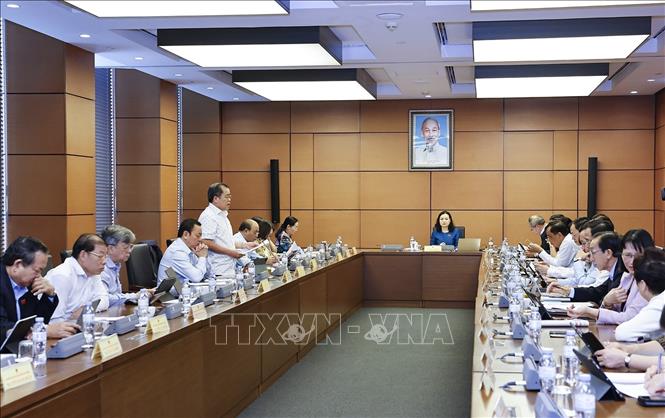
Discussing the draft Law, many opinions commented that the draft Law was built according to a new orientation on innovative thinking in law-making, with the spirit of "framework law", assigning the Government to specify details of frequently changing contents.
In addition, comments also suggested that the Drafting Agency continue to review and evaluate more carefully the level of institutionalization of a number of Party orientations, especially on the development of a sustainable urban system, improving labor productivity in the construction industry and the mechanism for mobilizing social resources in investment in building technical and social infrastructure. At the same time, closely following the policies and orientations in the pillar Resolutions, reviewing to ensure that the draft Law and accompanying documents comply correctly and fully with Regulation 178-QD/TW dated June 27, 2024 of the Politburo on controlling power, preventing and combating corruption and negativity in law-making work.
Delegates also said that it is necessary to review the draft Law to ensure that the Law only regulates contents under the authority of the National Assembly, not "legislating" the provisions of special mechanism resolutions or decrees and circulars in the construction field. If any, it is necessary to carefully assess the impact and the truly necessary contents, ensuring feasibility and the authority of the National Assembly.
Considering that the draft Law on Construction (amended) has not clarified the appraisal authority for projects using ODA capital and preferential loans from foreign donors, while these projects often have specific management mechanisms and appraisal requirements according to international commitments, delegate Lo Thi Luyen (Dien Bien) suggested continuing to study and clarify this provision in the draft to avoid creating legal gaps and causing difficulties in practice.
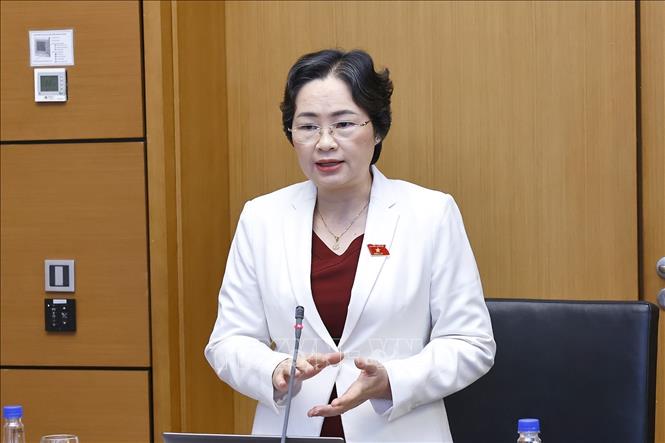
Regarding the appraisal of feasibility study reports and technical economic reports as stipulated in Article 26, delegate Lo Thi Luyen stated: There are types of construction projects that only require a technical economic report without a feasibility study report, such as religious projects, small scale, simple technical nature. Clause 1 of Article 26 clearly states that both the feasibility study report and the technical economic report must be appraised as a basis for project approval. However, the draft has not specified the appraisal content for cases where only a technical economic report is required.
Because the content of the technical economic report is different from the feasibility study report, according to delegate Lo Thi Luyen, the general application of the appraisal contents in Clause 3 and Clause 4, Article 26 for both types of reports is inappropriate and causes difficulties in implementation. Currently, the feasibility study report has appraisal instructions, but for projects that only require a technical economic report, there are no instructions, so the delegate suggested that the drafting agency and the appraisal agency coordinate to consider.
Commenting on the draft Law on Construction (amended), delegate Trieu Thi Ngoc Diem (Can Tho) was concerned about the content of the information system and national database on construction activities stipulated in Article 14. According to the delegate, Article 14 has not clarified the boundary between technical infrastructure and legally valid data sets, which can easily lead to overlap. Clause 2 of Article 14 requires the national database on construction activities to be regularly updated and synchronously connected with the national database on land, planning and other specialized databases. The provisions in Article 14 have a very broad data scope, covering many fields that already have their own databases, causing duplication, difficulty in updating and integrating.
Can Tho City delegates said that it is necessary to aim for overall data sharing, but also need to improve each sector first to avoid overlap and overload for units, especially at the commune level, due to lack of specialized civil servants. Delegates suggested that the draft express tasks more concisely and clearly; identify the information system as the technical foundation, and the national database as a legally valid data warehouse managed by the Ministry of Construction. Data must be updated regularly, connected synchronously according to the principle of shared use, but there must be an implementation roadmap, selection of appropriate integrated content, and priority order to ensure feasibility. At the same time, it is necessary to specify the sharing mechanism, security, update responsibility and sanctions for violations.
Also on the morning of November 6, the National Assembly discussed in groups the draft Law on amending and supplementing a number of articles of the Law on Geology and Minerals and the draft Law on amending and supplementing a number of articles of laws in the fields of agriculture and environment.
Source: https://baotintuc.vn/thoi-su/lam-ro-tham-quyen-tham-dinh-doi-voi-du-an-su-dung-von-oda-20251106120828052.htm




![[Photo] Da Nang: Hundreds of people join hands to clean up a vital tourist route after storm No. 13](https://vphoto.vietnam.vn/thumb/1200x675/vietnam/resource/IMAGE/2025/11/07/1762491638903_image-3-1353-jpg.webp)
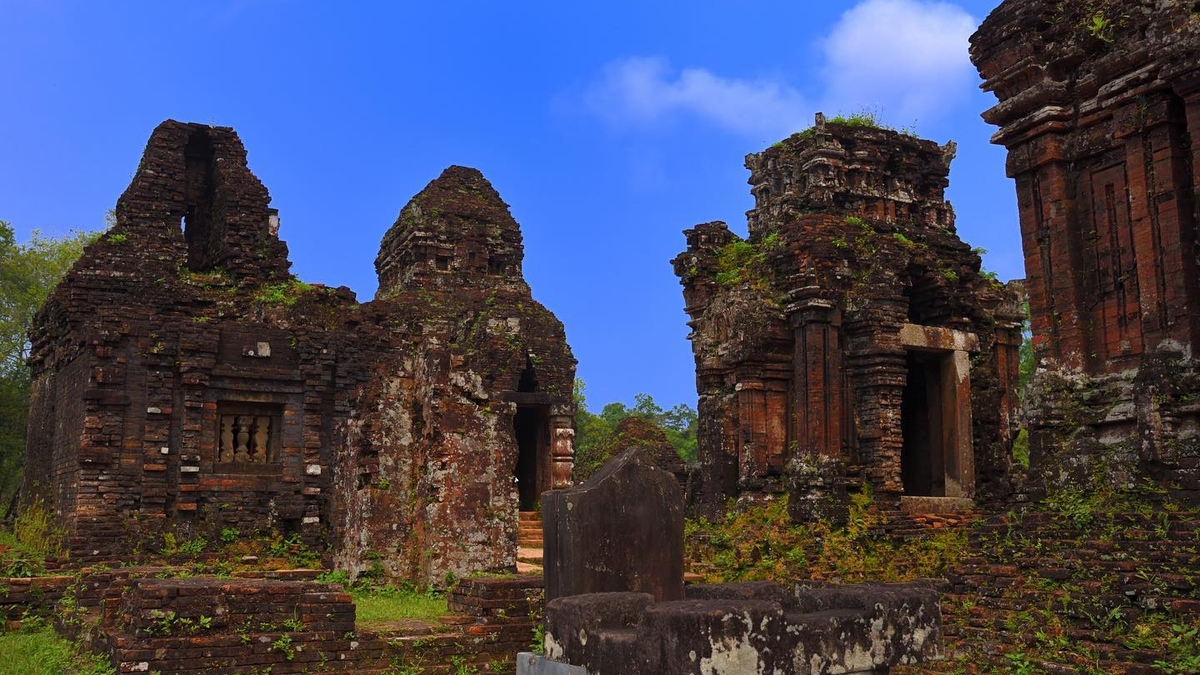


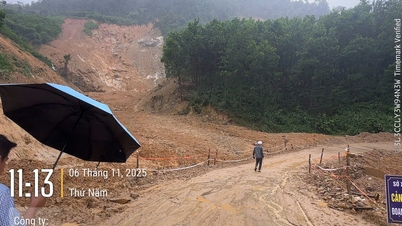




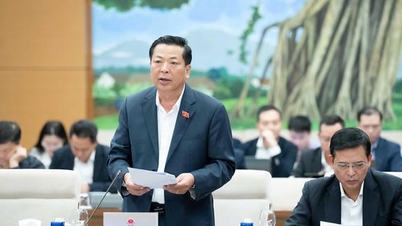



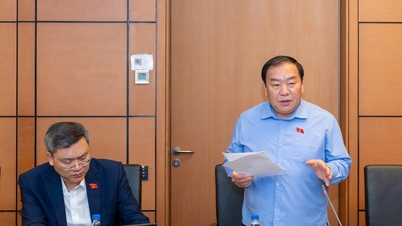







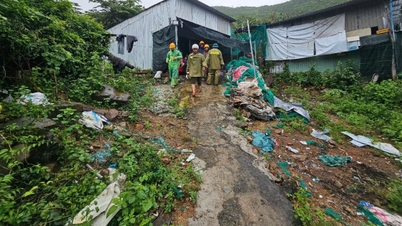

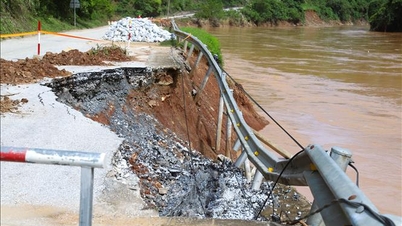
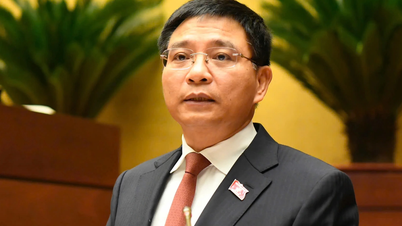





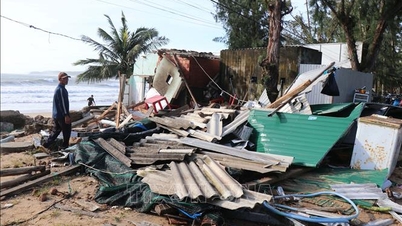

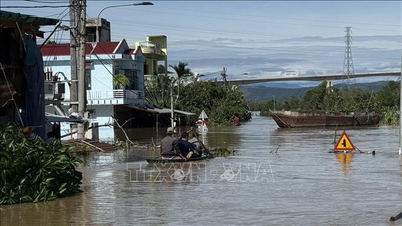


































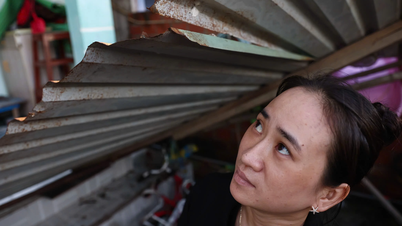
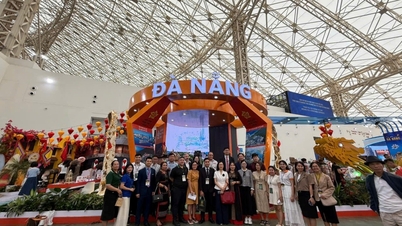




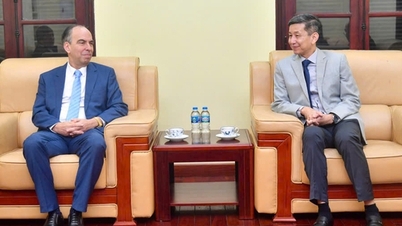
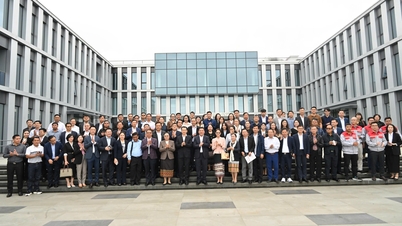

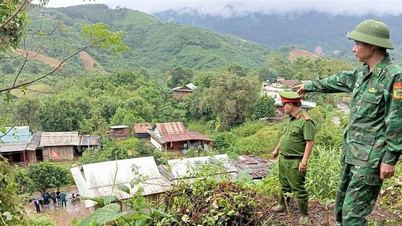

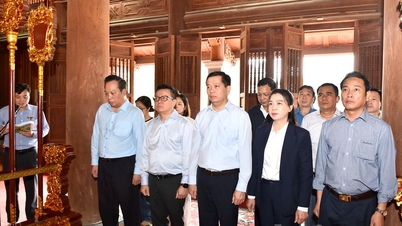



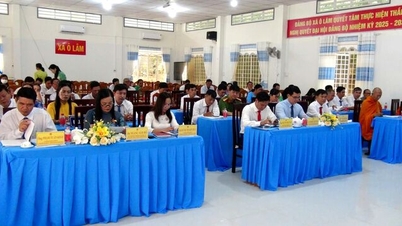
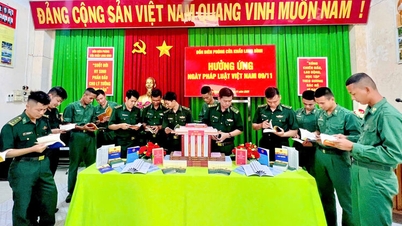
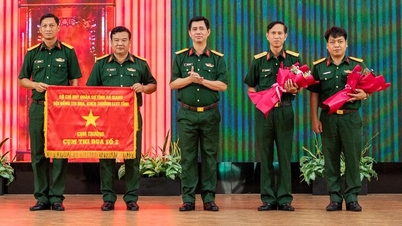















Comment (0)